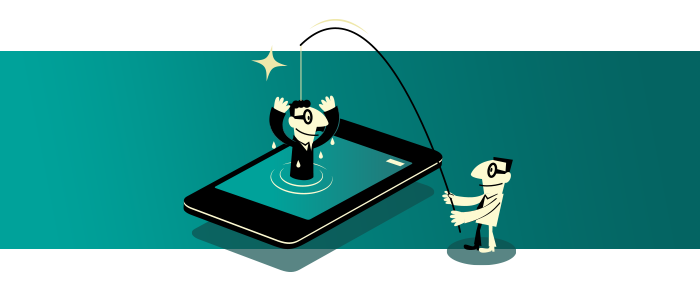
Everyone loves cookies--even cybercriminals
When you visit a site, probably for the first time or from a new device or browser, you will see an alert that mentions the site uses Cookies to offer you a more personalized experience and asks you if you are okay with it. Let’s admit it. A lot of us don’t even bother to read what the notification says before we click “Accept” and move on with our browsing.Cookies are tiny information packets that store data related to your interaction and behavior on websites. It is like walking into your favorite local diner and having them serve up the “usual” instantly. Cookies, track your digital footprint on a website and allow the site to offer you a more personalized browsing experience. For example, let’s say you visited Amazon.com and looked at some cameras, perhaps you put one into your cart as well, but never checked out, or added one to your wishlist on the site. The next time the camera is on a sale, Amazon app sends you a notification about the price reduction. That happens with the help of cookies. And, that’s just one example. Cookies are not necessarily limited to shopping sites.You know how sometimes you can save your password for some sites, so you don’t have to type it or log in every time you visit the website? You are able to do that because of cookies. Any site can have cookies, though shopping and banking sites can’t function without them. These are known as session cookies and are absolutely indispensable, while some like persistent cookies make your web browsing experience more pleasant and the third party cookies, while not very pleasant, are used basically to facilitate online advertising. How do cookies become a security threat, then?
Cookies become a security threat when hackers get access to them. If hackers hijack your cookies, they can get access to your session, your passwords and other related online activities. Hackers sometimes create “Super Cookies” and “Zombie cookies” to steal information from authentic cookies. Such cookies are difficult to identify and delete and sometimes work like worms replicating themselves, thus making it more difficult to get rid of them. Hackers can also steal your cookies if they get access to your network or to the server of the website you are visiting. For example, if your bank’s or shopping website’s server was hacked into, chances are, the hacker has access to your cookies and thereby all your account details.
If you liked what you read, then check out our whitepaper, The cookie monster is coming for you, for a more detailed account of the threats posed by cookies and how you can manage them better.

Comments
Post a Comment